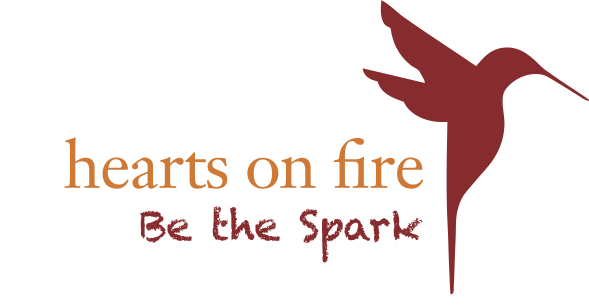Reshma Saujani | Girls Who Code
Breaking the Code
Never mind what Cindy Lauper says, girls want to do much more than just have fun. They want to work --on a level playing field with boys. And Reshman Saujani is the perfect coach to help them reach that goal. In 2012 Reshma founded Girls Who Code with a mission of closing the gender gap in technology.
"The incredibly pervasive, totally false, cultural idea that computer science is somehow a boy thing, and that girls aren't good at it? I see young women who have this myth ingrained in them, and that's what Girls Who Code is working to fix.”
Through its Summer Immersion Program and Girls Who Code Clubs, the organization is leading the movement to inspire, educate, and equip young women with the computing skills to compete for 21st century job opportunities.
“I was that girl who was terrified of math and science growing up,” she says. “It made me feel inadequate in every single job.”
The organization provides intensive education in computer science to high school sophomores and juniors via summer programs in nine cities across the country. Girls learn the nuts and bolts of coding, website and app development, and robotics and have the chance to meet the top leaders in the technology industry.
Reshma’s commitment to fighting for girls comes from her own struggles growing up. As the daughter of Indian parents who had fled Idi Amin’s dictatorship in Uganda for suburban Illinois in the 1970s, she was constantly picked on for being different because of the color of her skin and her parents’ thick accents. She recalls the day she was taunted with epithets and beaten up by two classmates after school. In that instant, her fear suddenly became her fighting spirit.
“It was an identity-awakening moment for me,” she says.
Today, Reshma tries to imbue that same fighting spirit in Girls Who Code students. The organization aims to develop influencers, young women who will recruit freshmen and start local coding clubs. Reshma knows that in order to effect real change, they’ll need to create a cultural groundswell, one that relies on each female coder to convert others to the crusade.
In just two years, Girls Who Code has been explosively successful, winning sponsorship from tech companies including Twitter, Google and GE and expanding from one program in its first year to an estimated 40 by 2015.
After partnering with industry giants Facebook and Google, Reshma has her sights on a new goal: to teach a million young women to code by 2020. And there is gratifying evidence that the message of Girls Who Code is hitting its mark.
“Ninety-five percent of the Girls Who Code participants plan to major or minor in computer science,” says Reshma. “Year by year, we’re actually moving the numbers really quickly,”


